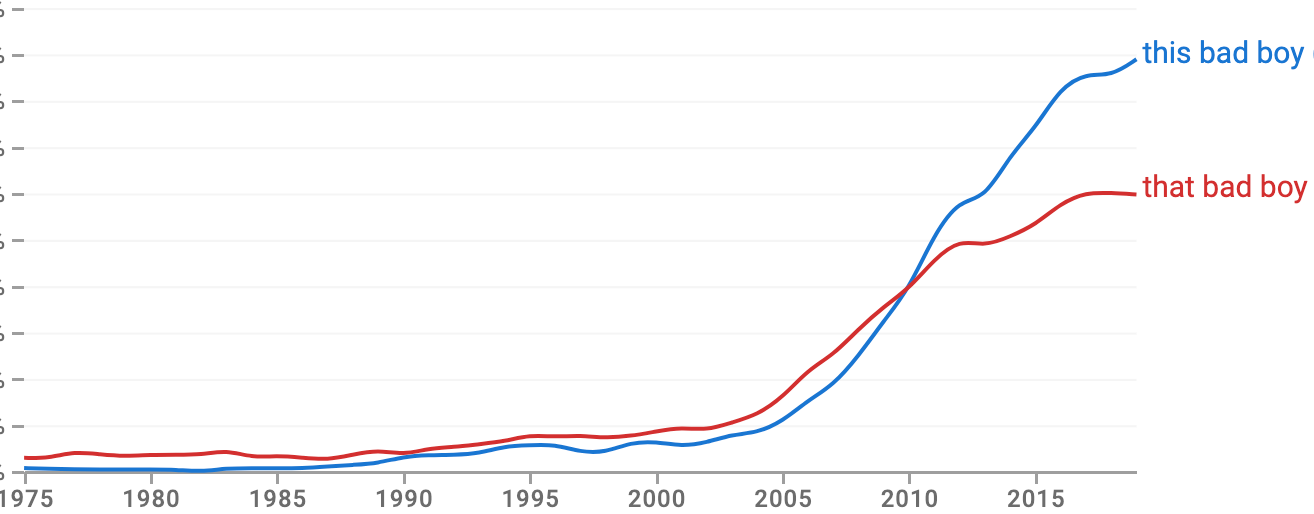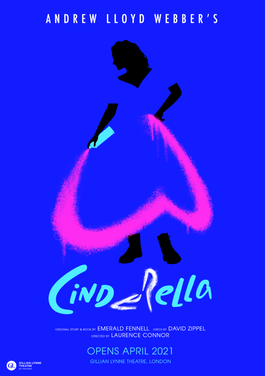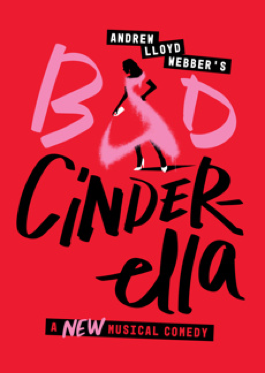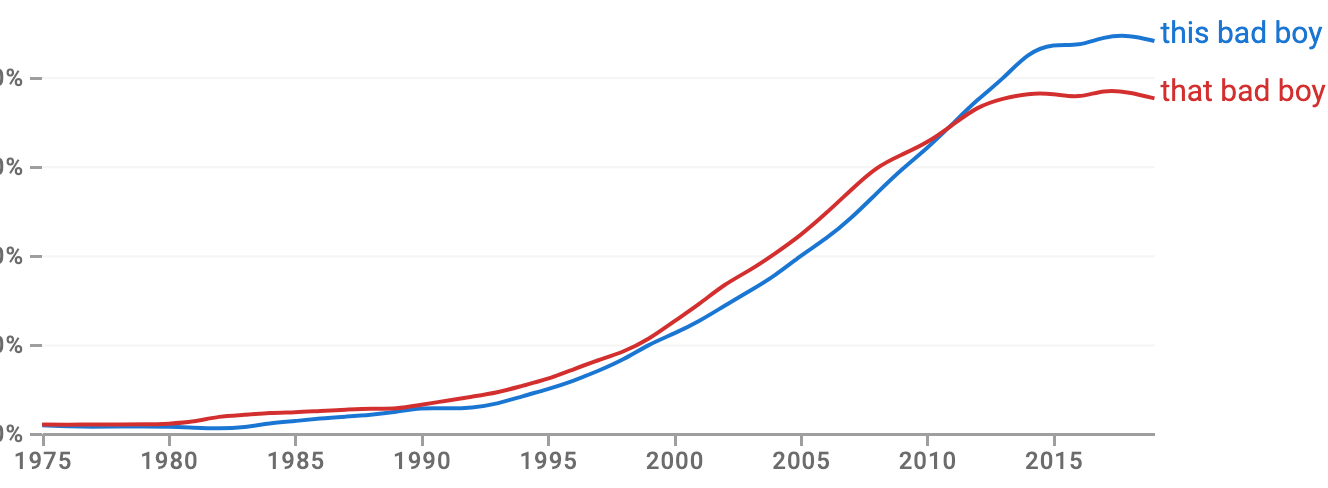Good bad
« previous post | next post »
 Benito Antonio Martínez Ocasio, known as Bad Bunny, has been big in the media recently, from the first-ever Spanish cover of Time Magazine, to headlining Coachella — against the background of literally millions of pages featuring his fashion choices and his sayings.
Benito Antonio Martínez Ocasio, known as Bad Bunny, has been big in the media recently, from the first-ever Spanish cover of Time Magazine, to headlining Coachella — against the background of literally millions of pages featuring his fashion choices and his sayings.
According to a 2019 All Things Considered piece ("How Bad Bunny Skipped Categories And Skyrocketed To Fame"), "A self-described class clown, Bad Bunny got his stage moniker from the time he was forced as a child to wear a bunny rabbit costume. He was pretty angry about it, but the name stuck."
From a linguistic perspective, there's a lot to be said about Bad Bunny's role in normalizing Spanish among English-dominant Americans. And the Puerto Rican features of his lyrics are also interesting.
But today, my topic is the "bad" part of his stage name.
According to the OED, bad has been around since Middle English — a couple of 14th-century citations:
c1325 (c1300) Chron. Robert of Gloucester (Calig.) l. 2361 (MED) Wat is vs to lete þis badde king Go þus aliue as a ssade, þat nis worþ no þing?
c1330 (a1300) Arthour & Merlin (Auch.) (1973) l. 1934 A begger þer com in..A staf in his hond he hadde And schon on his fet badde.
Interestingly, the earlier etymology is "of uncertain origin", but may have started as a homosexual slur:
Perhaps related to Old English bæddel hermaphrodite, effeminate or homosexual man […]: it has been suggested that bad adj. could perhaps show the reflex of bæddel , with loss of -l as also in much adj. and wench n., although the phonetic environment differs significantly; with the semantic development perhaps compare more general use of badling n. (a derivative of bæddel) as a term of abuse or contempt […]
In any case, the OED's entry for bad eventually gets to the inversion-of-meaning entries, headed
IV. slang (originally U.S.). Formidable, good. (Sometimes with repeated vowel, for emphasis.)
The inverted-meaning senses include
12. As a general term of approbation: good, excellent, impressive; esp. stylish or attractive.
… with citations starting in 1897:
1897 G. Ade Pink Marsh 195 She sutny fix up a pohk chop 'at's bad to eat.
1928 R. Fisher Walls of Jericho xvi. 182 This crack army o' Joshua's..walk around, blowin' horns… The way they blow on them is too bad.
1955 L. Feather Encycl. Jazz x. 345 Bad, adj. Good. (This reverse adjectival procedure is commonly used to describe a performance.)
1959 N.Y. Times 15 Nov. ii. 2 Jazzmen often call a thing ‘terrible’ or ‘bad’ when they like it very much.
And similarly:
13. Originally in African-American usage. Of a person: (originally) dangerous or menacing to a degree which inspires awe or admiration; impressively tough, uncompromising, or combative; (in later use also) possessing other desirable attributes to an impressive degree; esp. formidably skilled.
1940 Nevada State Jrnl. 22 Dec. 2/6 (advt.) The air wave sensations of ‘I'm a baaad boy’ fame!
1950 A. Lomax Mister Jelly Roll 54 Sheep Eye's here and I'm the baddest sonofabitch that ever moved.
1955 Daily Rev. (Hayward, Calif.) 10 Oct. 16/4 The latest bop talk requires you to say, if you like a musician, ‘Man, he's real bad.’ Or, ‘he blows bad.’ This critical pronouncement is delivered in a monotone, with the ‘ba-a-a-d’ dragged out for emphasis. Means the exact opposite of what it says. Means he's the greatest.
1977 P. Caputo Rumor of War 245 I've got a platoon full of the baddest badasses in the Nam. We're bad, baaaad fuckin' killers.
The OED also has an entry for bad boy, including a quasi-pronominal sense that's become very common:
2. colloquial (chiefly U.S.) (originally in African-American usage). Something considered extremely effective or impressive.
1969 Afro Amer. 10 May 31/5 The [Howard University] administration has been selling (wolf) tickets with their TRO's (Temporary Restraining Orders) all year; and the students just cashed in one of those bad boys!
1974 V. E. Smith Jones Men 139 I finally got this bad boy together bout six, seven months.
1996 Arkansas Democrat-Gaz. (Nexis) 22 Mar. 1 b We went 142 mph in that bad boy.
A Google Ngram plot shows the growth of the singular forms, since 1975 or so, in American English publications:
And similarly in British English publications:

A few examples from the web illustrate how these phrases are used:
Yes, they stream this bad boy on Netflix.
[T]his bad boy is out on Xbox One BC, so go play it.
The only feature worth noting on this bad boy is its unbelievable thinness.
Ive been using this bad boy once or twice a week ever since I first tried it
Just saying, if the shoe fits, lace that bad boy!
[C]hannel your inner Zeno of Citium and go stoic on that bad boy.
Ok, now cover that bad boy and set it aside to rise.
[I]ts time to pull that bad boy off the shelf and put it to use.
[C]hanging the locks on those bad boys was exhausting.
I bought 10 and I keep those bad boys on rotation!
You only live once so go get those bad boys and OPEN them!
Those bad boys are scrumptious.
The female-gender forms related to "bad girl" haven't yet moved in a pronominal direction, as far as I can tell.
In other recent bad news, Andrew Lloyd Webber's West End musical Cinderella has been renamed Bad Cinderella in its Broadway version, with somewhat different connotations in the posters:
 |
 |

Peter B .Golden said,
April 18, 2023 @ 9:22 am
In New York City teen slang of the 1950s "bad" and "wicked" had the meanings noted above: "IV. slang (originally U.S.). Formidable, good. (Sometimes with repeated vowel, for emphasis.)
The inverted-meaning senses include
12. As a general term of approbation: good, excellent, impressive; esp. stylish or attractive."
It undoubtedly came from African-American slang. In Boston and elsewhere in New England "wicked" is still used in that sense and also in the meaning "very" e.g. "it was wicked hard (hahd)."
mg said,
April 18, 2023 @ 10:56 am
Though in the Boston area, "wicked" is mainly used in the latter sense as an adverb, not as an adjective.
Ben Zimmer said,
April 18, 2023 @ 11:52 am
The title of the post reminds me of the spoken-word exchange in "Give Him a Great Big Kiss" by The Shangri-Las (1964):
Cervantes said,
April 18, 2023 @ 12:55 pm
Wicked can be an adjective in Boston, but it preferentially modifies certain nouns. "I have to take a wicked pis" is standard Dawchestuh.
Brett said,
April 18, 2023 @ 10:50 pm
I got a laugh out of the fact that for sense 13, the OED cites John C. Fremont, but not Michael Jackson.
Jenny said,
April 19, 2023 @ 1:01 am
I remember reading about Wynton Marsalis one time, and the article described him as an “enfant terrible.” So it isn’t only English where this happens.
Cervantes said,
April 19, 2023 @ 10:08 am
Etymologically "terrible" originally had the meaning of "inducing terror," and in French the connotation of "formidable" is standard, whereas in English the idea of terrifying has been lost and its main meaning is sub-standard, poorly executed, or perhaps morally reprehensible. Terrific, with the same derivation, has the opposite meaning but again, the connection with fear is lost. Words and their ways through the ages can be surprising.
Robert Coren said,
April 19, 2023 @ 10:15 am
@Cervantes: As Katisha sings in her duet with Ko-ko in Gilbert & Sullivans' The Mikado:
But to him who's scientific
There's nothing that's terrific
In the falling of a flight of thunderbolts.
where the meaning of "terrific" is clearly the original (terror-inspiring)one.
Cervantes said,
April 19, 2023 @ 10:55 am
That was then. I don't think you could use it that way today., at least not in the U.S. I don't know about Britain.
Robert Coren said,
April 20, 2023 @ 9:06 am
Indeed. I think that I was somewhat puzzled by the line as a child. (Likewise the assertion, in The Pirates of Penzance, that the General's claim to be an orphan was a "terrible story", meaning that it was a big lie, but not necessarily that it was told badly.)
KevinM said,
April 21, 2023 @ 11:46 am
Or, as I believed I heard as a child, "terrible Swiss sword." It was confusing because Swiss knives, razor blades, etc., were touted as particularly keen–not terrible at all!
Rodger C said,
April 22, 2023 @ 10:01 am
Maybe the terrible Swiss sword was covered with costly Swiss oxide. (Old folks will get this.)
Robert Coren said,
April 25, 2023 @ 10:41 am
@Rodger C: Well. I'm probably "old enough", but although I don't remember actually seeing the phrase you're alluding to, I didn't have a whole lot f trouble figuring out what it is.